Over the weekend, Capcom finally announced Street Fighter 6 at the end of the Capcom Pro Tour. The trailer depicts series icon Ryu facing off against Luke, a more recent addition to the franchise. But the exciting announcement was upended by the game’s splashy yet uncharacteristically minimalist logo, which has been under unusual scrutiny from fans.
Despite the speculation that Capcom potentially bought an Adobe stock image and made very few changes to make it its own, there’s more to the teaser trailer than an underwhelming Photoshop. This teaser suggests that there are some big changes coming for the venerable fighting game series, and that is something to be excited about.
A new level of detail

If the announcement trailer is anything to go off of, the art style for Street Fighter 6 will have a more realistic aesthetic than the past few entries. Seeing the sweat drip off of Ryu’s skin and the muscular veins defined on Luke’s arms are nice showcases for a new engine for the series — perhaps the RE Engine, as speculated. Ever since the release of Resident Evil 2 Remake, the RE Engine has been the shining star for Capcom’s titles and one of the most impressive gaming engines in the industry.
Plus, there’s the convenience of not having to pay another company for use of an engine like Unreal or Unity. Street Fighter V runs on Unreal 4, so while 6 could very well be developed on the new Unreal 5, we’ve seen from Capcom in the past few years that it wants as many of the company’s games to run on RE Engine as possible. The Street Fighter 6 announcement trailer could have very well been a proof-of-concept on what the development team will be able to achieve visually with that engine.
Lessons from the past
Despite the backlash towards Street Fighter 6’s logo, its design is another hint that Capcom is moving in a new direction. To be frank, Street Fighter V was not what it needed to be — being a PlayStation exclusive hurt more than helped, and it took years to get in a genuinely good place. Street Fighter V was released with inconsistent mechanics and barebone features including the absence of an arcade mode.
And even after improvements, it couldn’t bring a lot of the franchise’s main audience back. SFV put Capcom in a place where the company needed to decide whether to do something new for the franchise or go back to its roots. From the little of what we have seen so far, it seems like Capcom is doing the former.
In May of last year, series producer Yoshinori Ono left Capcom after 30 years of being the central figurehead for the fighting game franchise. Since the announcement of Street Fighter 6, we know that Yusuke Hashimoto, best known for helming Bayonetta 2, is directing this latest entry. A new director in the chair obviously comes with a stark change.
Changing up the Street Fighter style

Twitch streamer Maximilian Dood, a prolific figure in the fighting game community, mentioned how the logo might indicate that Street Fighter 6 could be going for a more hip hop influence similar to Street Fighter III: 3rd Strike. Hashimoto’s resume including the stylish Bayonetta 2 can point to a new vision of visual flair for Street Fighter. The series has always had a sense of style, but Street Fighter 6 could be done in a completely new way that will feel more modern and approachable for audiences old and new.
That’s what the franchise needs: a flashy style, coupled with the missing essentials, like rollback netcode, new mechanics that are in spirit and inspiration of the franchise’s past while still feeling fresh, and full complete features at launch that make it feel like a proper package from the start.
At this early point in time, we don’t know where Street Fighter 6 is going, but it is always fun to theorize — it’s not every day we see a new Street Fighter entry. Even more so, there is much more to talk about than a hexagon with letters and spraypaint that many of us will eventually forget about.

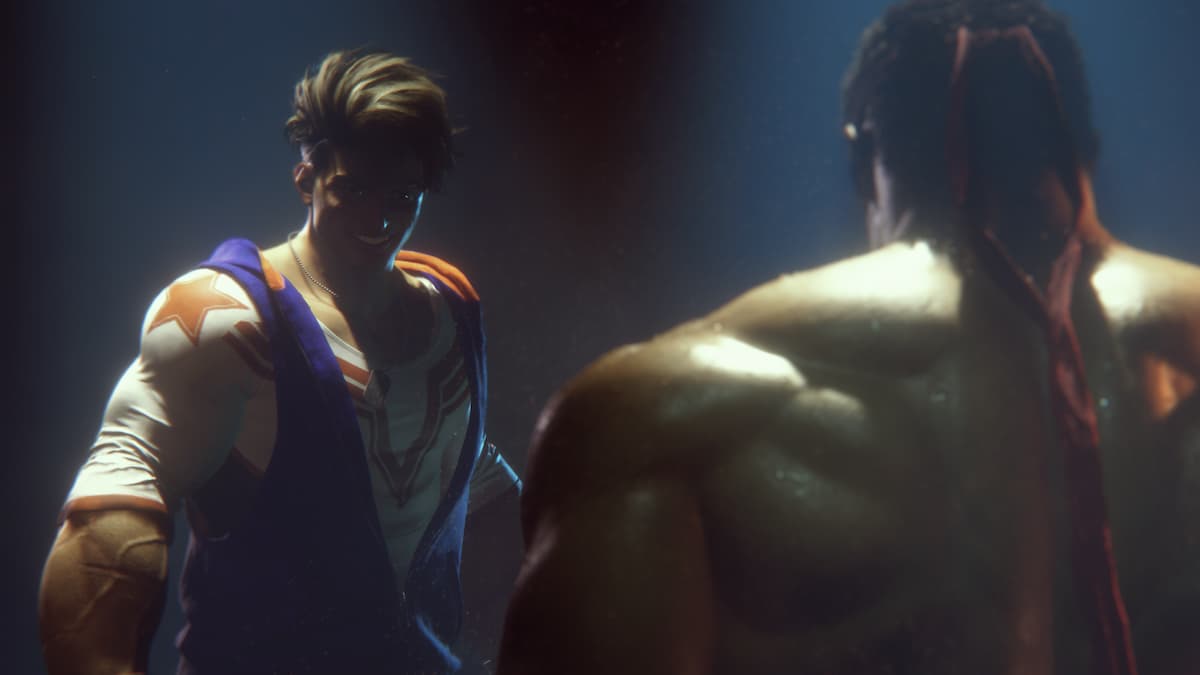
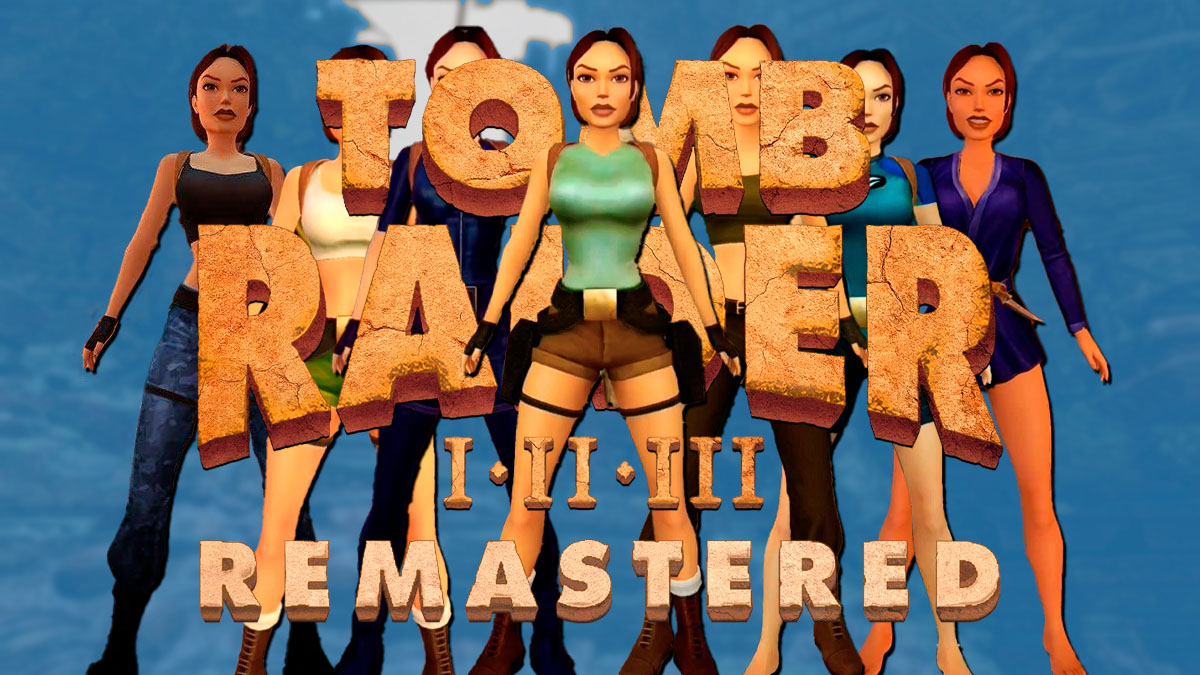
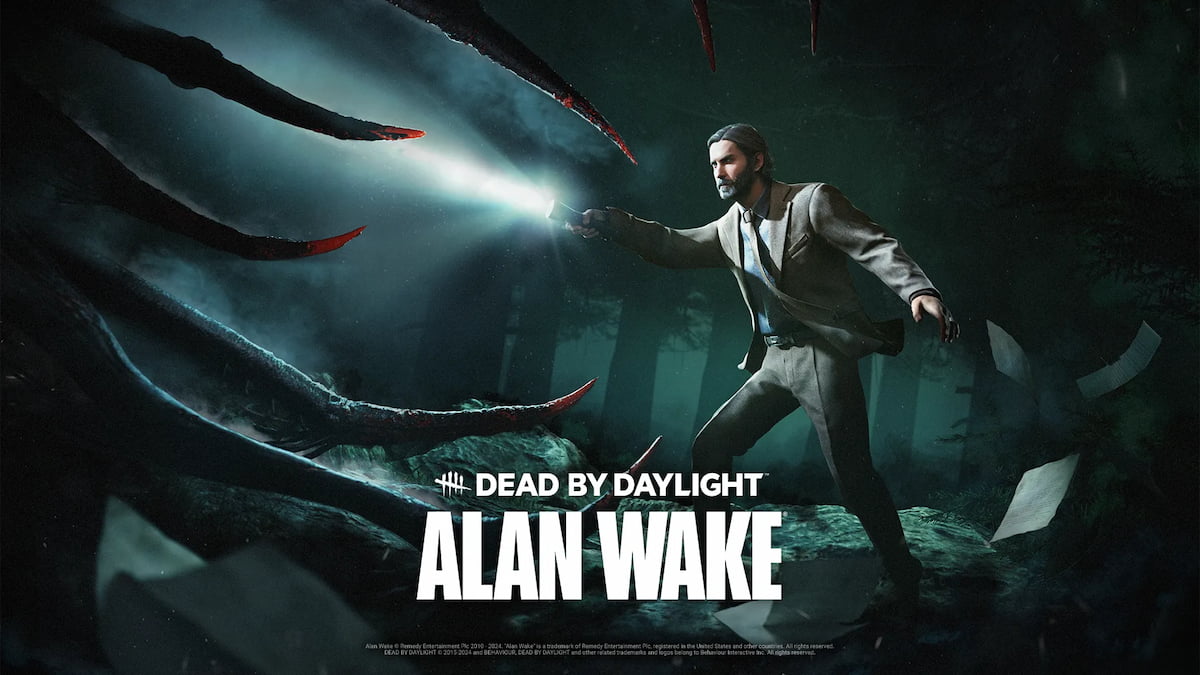
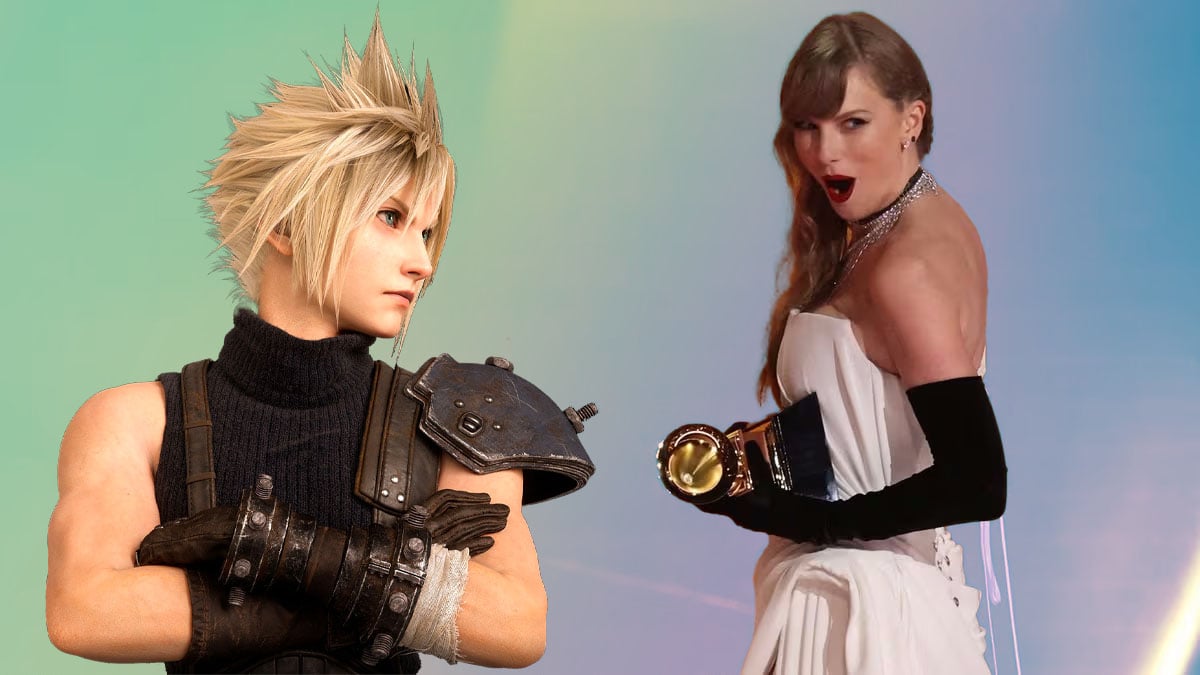

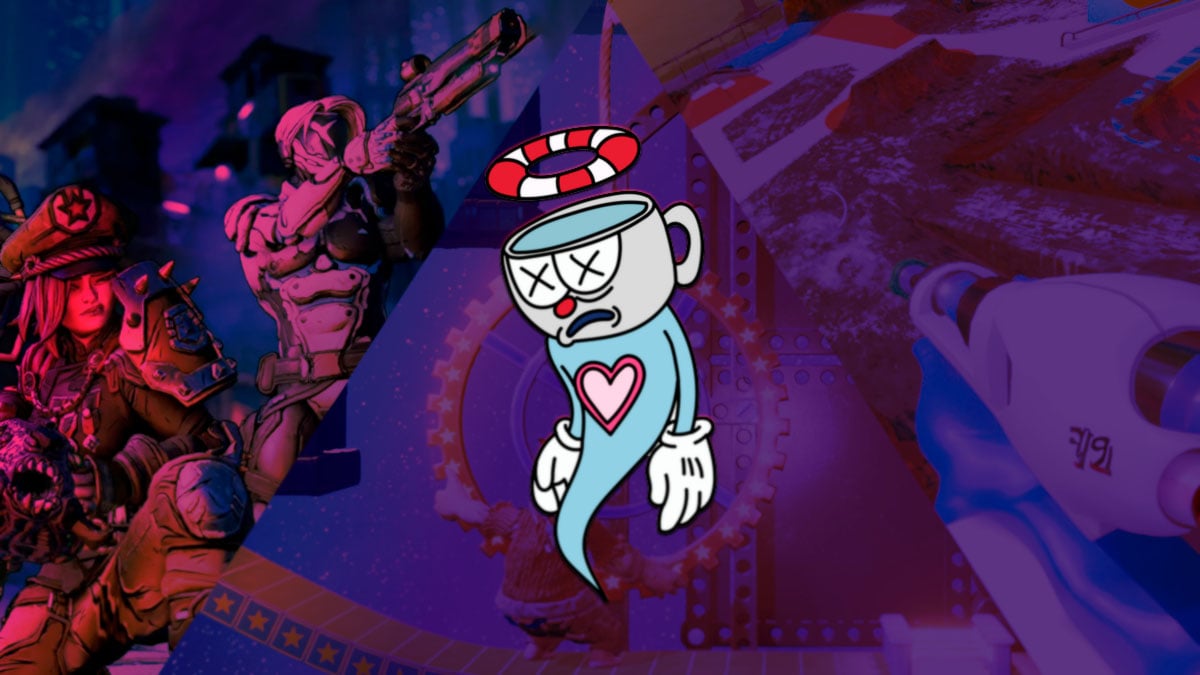
Published: Feb 25, 2022 03:50 pm